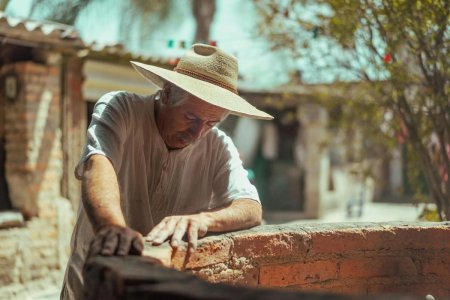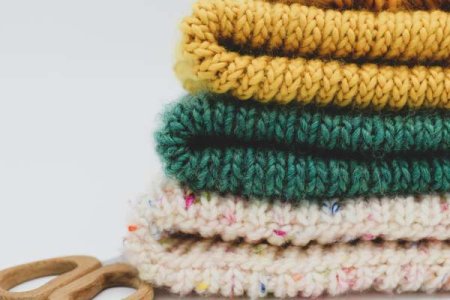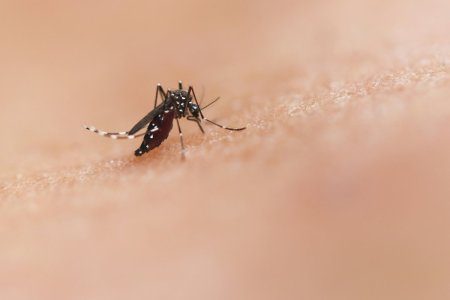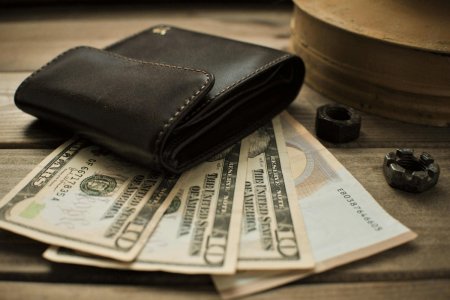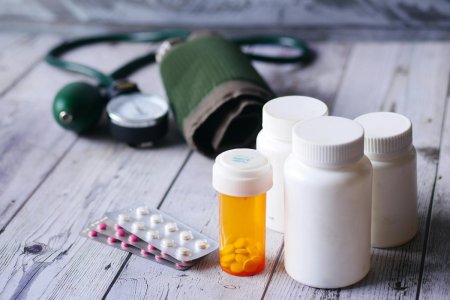Is your drinking water safe? Shocking contamination report after Hurricane Helene hits North Carolina!
By
Aubrey Razon
- Replies 0
In the wake of Hurricane Helene's wrath, the residents of North Carolina are facing a crisis that's invisible to the eye but potentially devastating to health: water contamination.
So, let's dive into what's happening with North Carolina's water supply and what you can do to ensure your water is safe to drink.
The serene flow of water from our taps is something many of us take for granted.
However, the flooding caused by Hurricane Helene has raised alarms about the safety of private wells, which approximately 2.4 million North Carolinians rely on for their drinking water.
Unlike public water systems, these private wells are not subject to the U.S. Environmental Protection Agency's regulations, leaving them susceptible to contamination during natural disasters like floods.
Experts, including Kelsey Pieper, an assistant professor of civil and environmental engineering at Northeastern University, have expressed concerns about the infiltration of surface water into these wells.
This surface water can carry a cocktail of contaminants, including microbial pathogens like E. coli, which can lead to serious health issues if ingested.
The North Carolina Department of Health and Human Services (NCDHHS) has been proactive in issuing warnings and recommendations to residents.
They've advised that those with private wells should either boil their water or have it tested before using it for drinking, cooking, or personal hygiene.
The memory of Hurricane Florence in 2018, which led to the detection of high levels of E. coli and other bacteria in floodwaters, particularly in eastern North Carolina, serves as a stark reminder of the potential risks.
However, the western part of the state, less accustomed to flooding, may not be as prepared to handle such contamination.
"This community doesn't flood very much, so they don't have those lived experiences to lean on," Pieper said.
This lack of experience with flooding events means that many residents may not have the necessary knowledge or resources to deal with the aftermath effectively.
The NCDHHS has outlined several critical steps for residents to ensure their water is safe:
The NCDHHS also emphasizes the importance of using bottled water for drinking and cooking if there's any doubt about the safety of your well water.
As we navigate the challenges posed by Hurricane Helene's aftermath, it's crucial to stay vigilant about water safety.
If you or someone you know has been affected by the hurricane and has concerns about water contamination, don't hesitate to reach out to local health authorities for advice and assistance.
 Have you been affected by Hurricane Helene or another natural disaster that impacted your water supply? Do you have tips or experiences to share about ensuring water safety during such times? Share your experiences and tips in the comments below.
Have you been affected by Hurricane Helene or another natural disaster that impacted your water supply? Do you have tips or experiences to share about ensuring water safety during such times? Share your experiences and tips in the comments below.
So, let's dive into what's happening with North Carolina's water supply and what you can do to ensure your water is safe to drink.
The serene flow of water from our taps is something many of us take for granted.
However, the flooding caused by Hurricane Helene has raised alarms about the safety of private wells, which approximately 2.4 million North Carolinians rely on for their drinking water.
Unlike public water systems, these private wells are not subject to the U.S. Environmental Protection Agency's regulations, leaving them susceptible to contamination during natural disasters like floods.
Experts, including Kelsey Pieper, an assistant professor of civil and environmental engineering at Northeastern University, have expressed concerns about the infiltration of surface water into these wells.
This surface water can carry a cocktail of contaminants, including microbial pathogens like E. coli, which can lead to serious health issues if ingested.
The North Carolina Department of Health and Human Services (NCDHHS) has been proactive in issuing warnings and recommendations to residents.
They've advised that those with private wells should either boil their water or have it tested before using it for drinking, cooking, or personal hygiene.
The memory of Hurricane Florence in 2018, which led to the detection of high levels of E. coli and other bacteria in floodwaters, particularly in eastern North Carolina, serves as a stark reminder of the potential risks.
However, the western part of the state, less accustomed to flooding, may not be as prepared to handle such contamination.
"This community doesn't flood very much, so they don't have those lived experiences to lean on," Pieper said.
This lack of experience with flooding events means that many residents may not have the necessary knowledge or resources to deal with the aftermath effectively.
The NCDHHS has outlined several critical steps for residents to ensure their water is safe:
- Avoid using well water if extensive flooding has occurred until it has been tested and deemed safe.
- Do not turn on the electricity to your pump until flood waters have fully receded to avoid electrical hazards.
- If your well has been flooded, contact a licensed well driller to perform shock chlorination, a process that involves adding chlorine to the water to kill bacteria and other pathogens.
- Seek out a local water testing lab to test your water, especially if you live near animal feeding operations or agricultural fields, which can be sources of additional contaminants.
- Follow all guidance issued by local health authorities regarding water quality concerns.
The NCDHHS also emphasizes the importance of using bottled water for drinking and cooking if there's any doubt about the safety of your well water.
As we navigate the challenges posed by Hurricane Helene's aftermath, it's crucial to stay vigilant about water safety.
If you or someone you know has been affected by the hurricane and has concerns about water contamination, don't hesitate to reach out to local health authorities for advice and assistance.
Key Takeaways
- North Carolina is still grappling with the aftermath of Hurricane Helene, with particular concerns about water contamination in the western region.
- Residents using private wells have been advised to boil their water or get it tested due to the risk of harmful bacteria like E. coli.
- The North Carolina Department of Health and Human Services (NCDHHS) has issued precautions and advises residents with flooded wells to use bottled water or treat their water supply.
- It is critical for residents to follow local health authority guidelines regarding well water usage for various purposes, including drinking, cooking, and personal hygiene.

